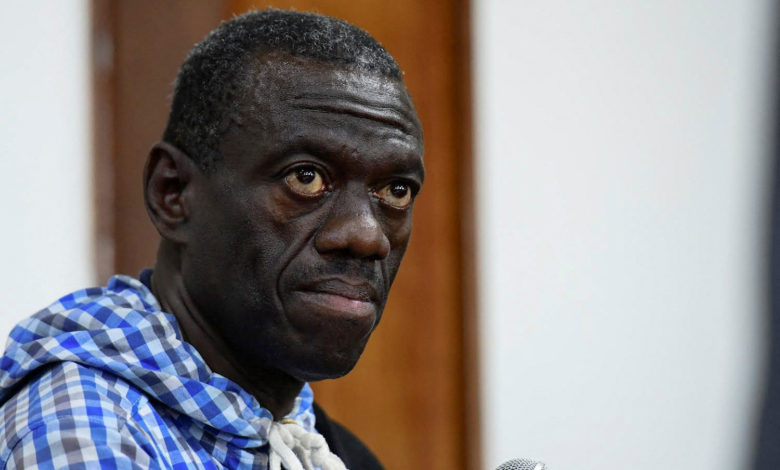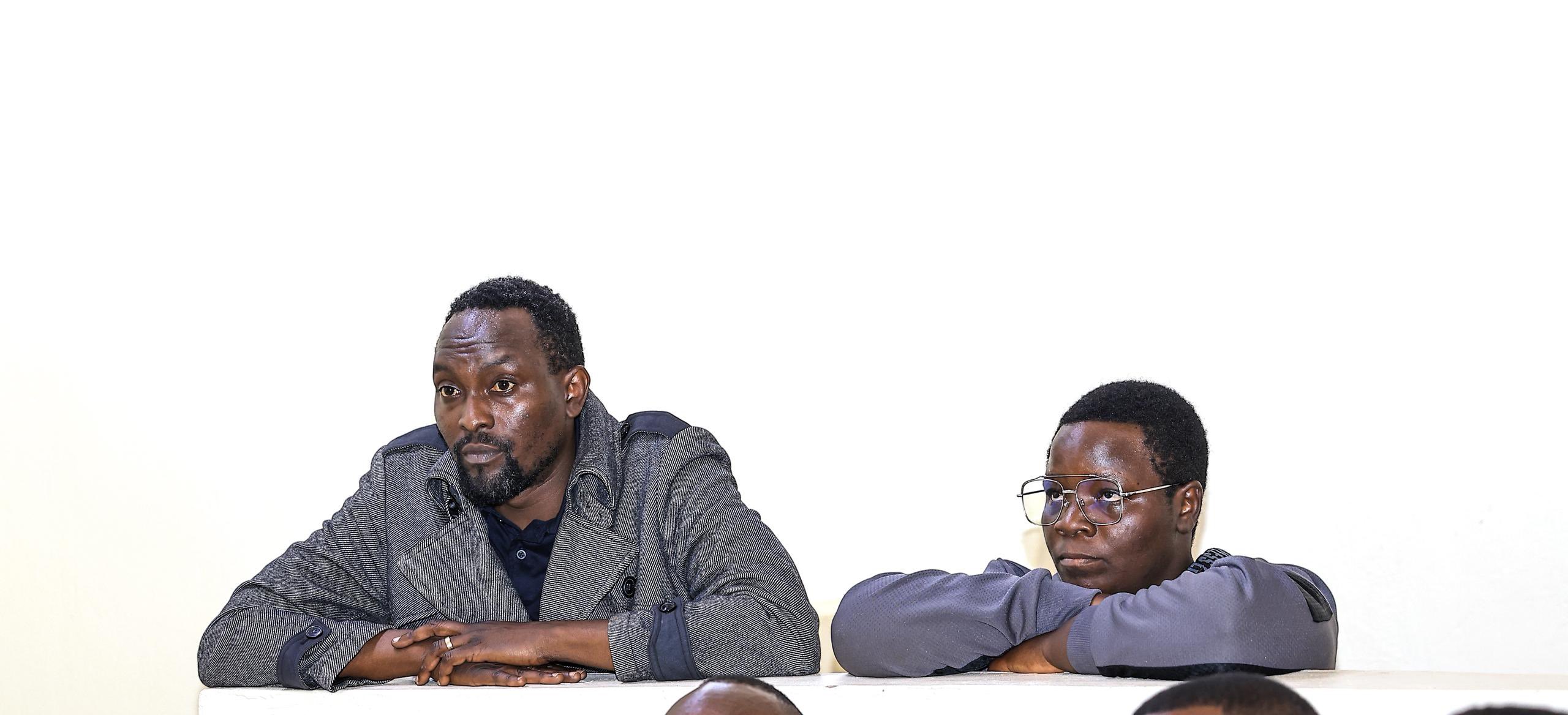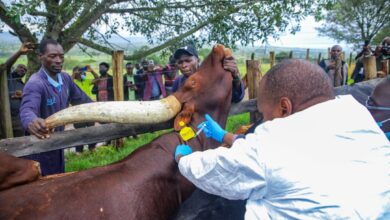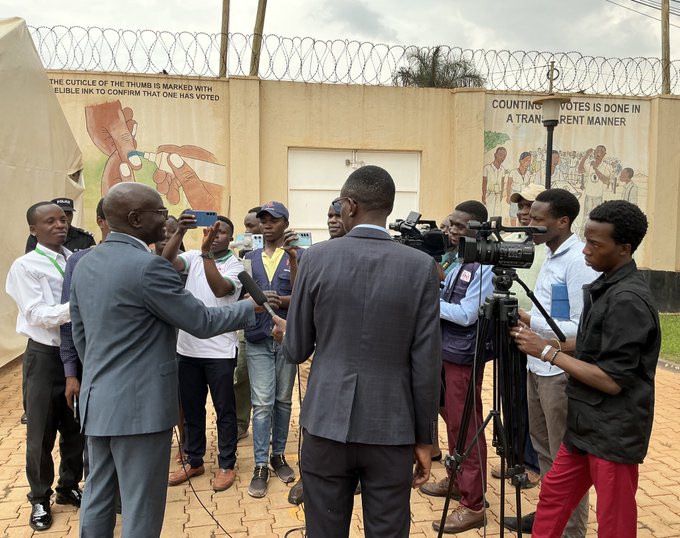Museveni defends civilian trials in court martial
Museveni emphasized the efficiency of the Court Martial system in dealing with cases involving armed civilians, arguing that it ensures timely justice compared to the often sluggish civilian courts.

President Yoweri Museveni has staunchly defended the practice of trying civilians in the Court Martial, describing it as a crucial tool in Uganda’s fight against armed criminality and terrorism.
In a recent statement, Museveni outlined the rationale behind the 2005 National Resistance Movement (NRM) law that allows civilians found in possession of illegal firearms to be tried in the military court.
“The NRM made this decision because individuals who are not soldiers but voluntarily take up arms with malicious intent pose a grave threat to society,” Museveni said. “Guns should be exclusively in the hands of the Armed Forces, and those who misuse them must face swift and decisive justice.”
Museveni emphasized the efficiency of the Court Martial system in dealing with cases involving armed civilians, arguing that it ensures timely justice compared to the often sluggish civilian courts. He pointed out that delays in the civilian system, such as long remands and the granting of bail to dangerous criminals, create backlogs and fail to deter crime effectively.
He also reassured the public that the Court Martial operates within the broader Ugandan legal framework and is subordinate to the general courts, meaning its decisions can be appealed or reviewed to address potential injustices.
Citing the restoration of peace in Karamoja and surrounding areas, Museveni credited the Court Martial system for deterring illegal gun possession and stabilizing the region. He suggested that a referendum in these regions would likely show overwhelming support for the law enabling civilian trials in the military court.
“The people of Karamoja and neighboring areas understand the value of the Court Martial in ensuring peace. Without it, the disarmament efforts would not have been as effective,” Museveni said.
Museveni’s comments come amid criticism from lawyers, human rights groups, and opposition figures who argue that trying civilians in military courts undermines justice.
Notably, opposition leader Dr. Kizza Besigye was arrested and tried in the Court Martial in 2005 on charges of treason, rape, and illegal possession of firearms. The move drew widespread condemnation as a politically motivated tactic to silence dissent.
Defending this decision, Museveni argued that Besigye’s alleged actions fell under the military court’s jurisdiction, as he had taken up arms against the state.
In his statement, Museveni directed the Chief of Defence Forces (CDF) to conduct an audit of Kitalya and other prisons to identify Karamojong youth who could be pardoned and reintegrated into society.
“Those who are no longer a threat to society deserve a second chance, but those who remain dangerous must continue to face the law,” Museveni said.
Reiterating his support for the Court Martial system, Museveni called it an indispensable tool in maintaining Uganda’s peace and security. “Without this system, our efforts to disarm criminals and restore stability would be greatly hindered,” he said.
Museveni’s defense underscores his government’s firm stance on using all available legal mechanisms to combat armed criminality and ensure national security, even as debates over the fairness and appropriateness of the practice persist.







